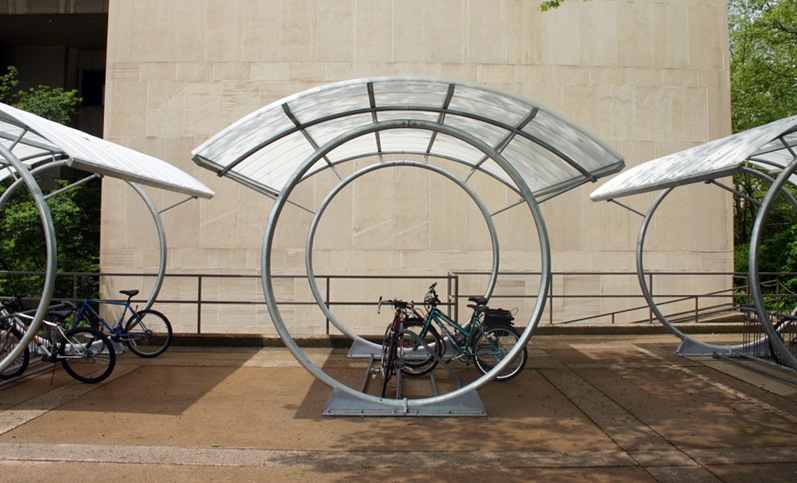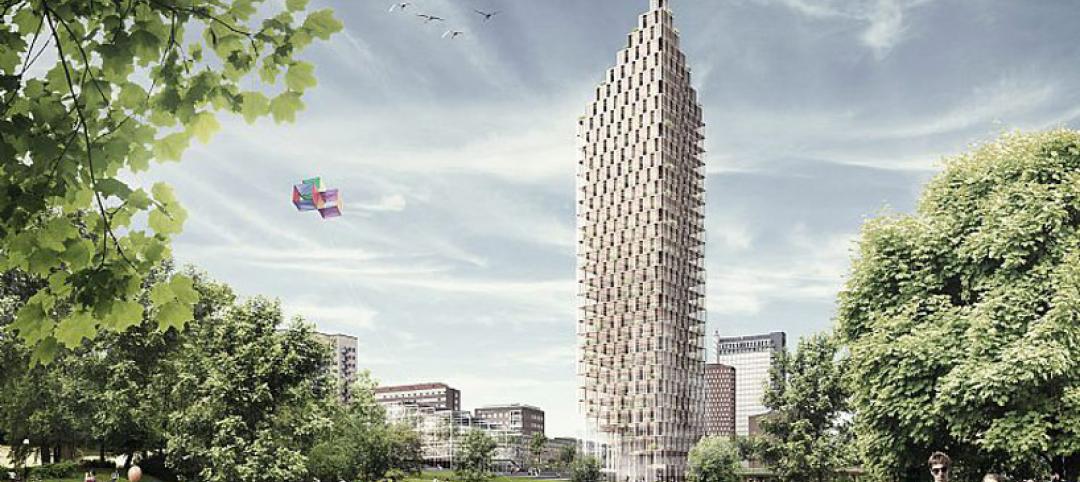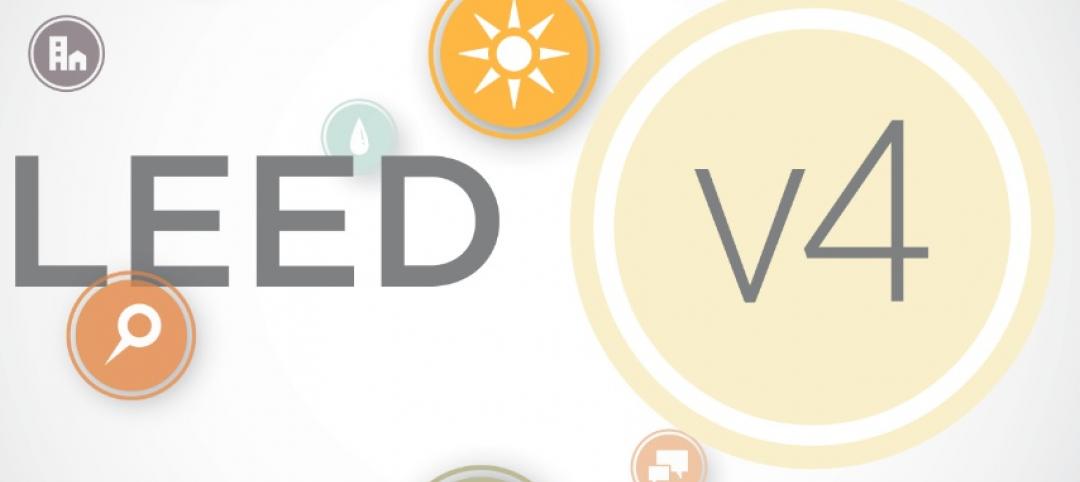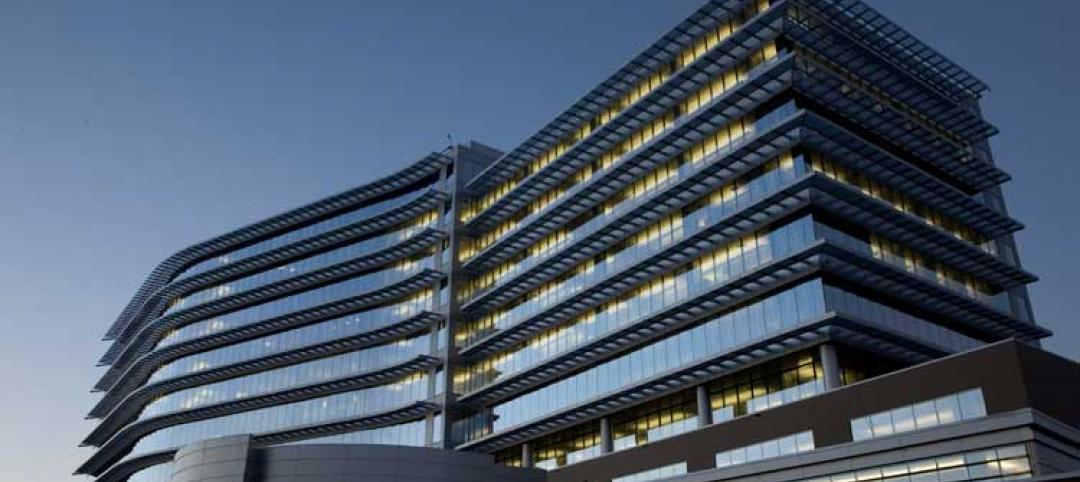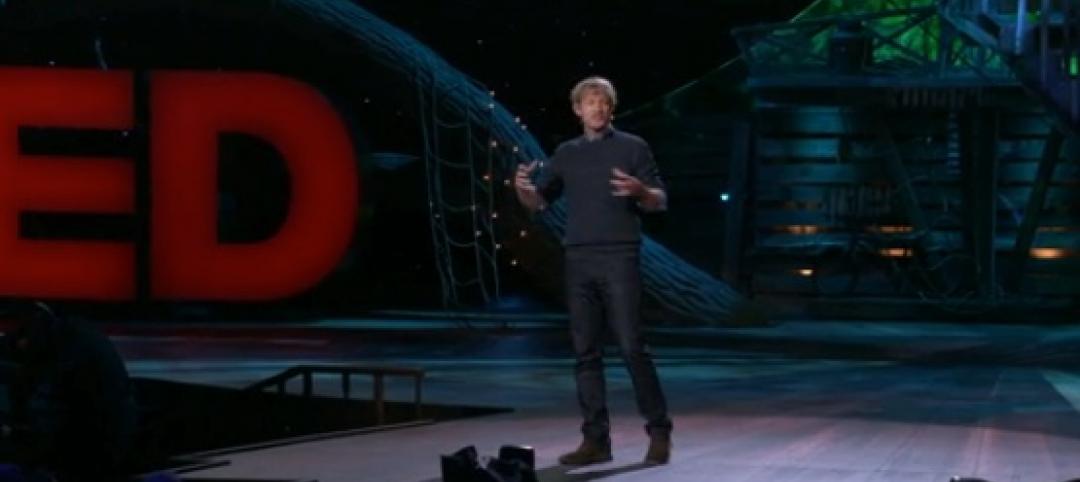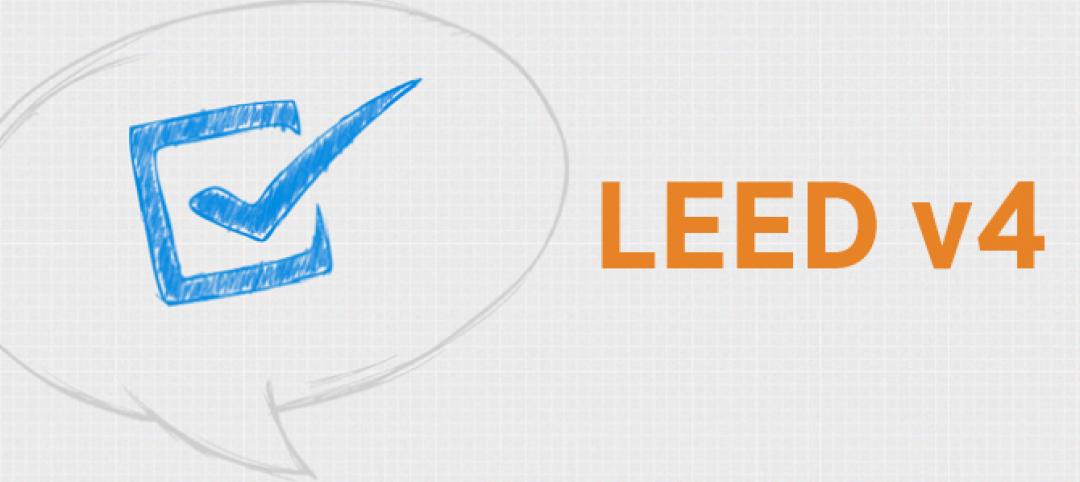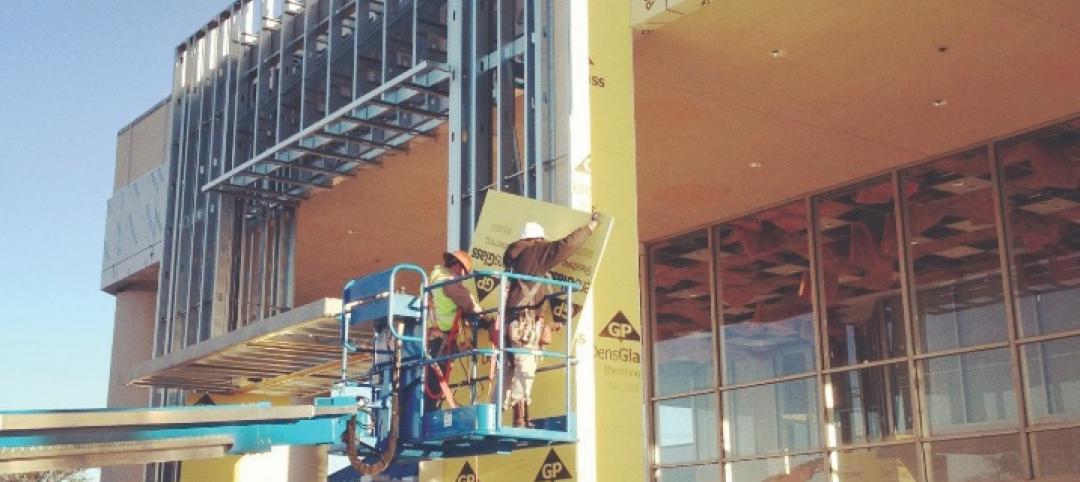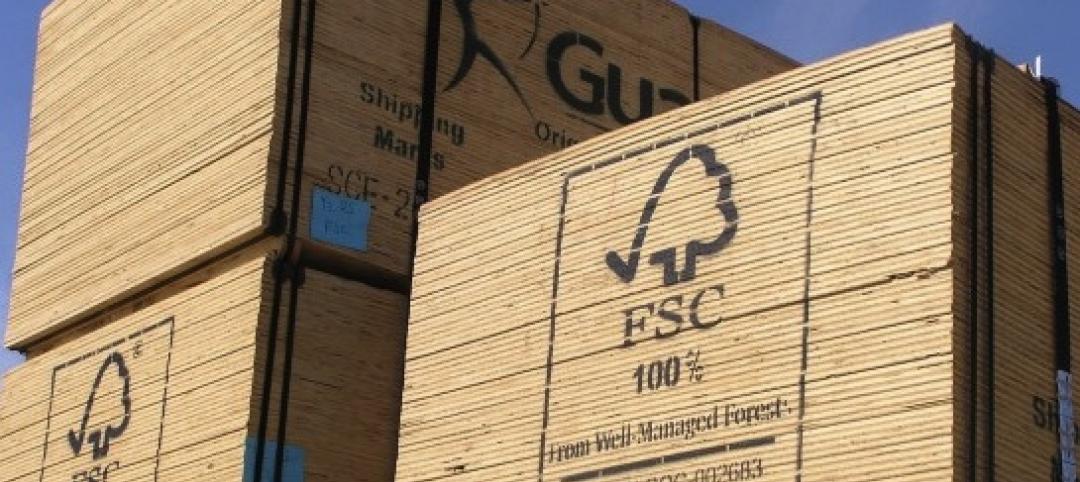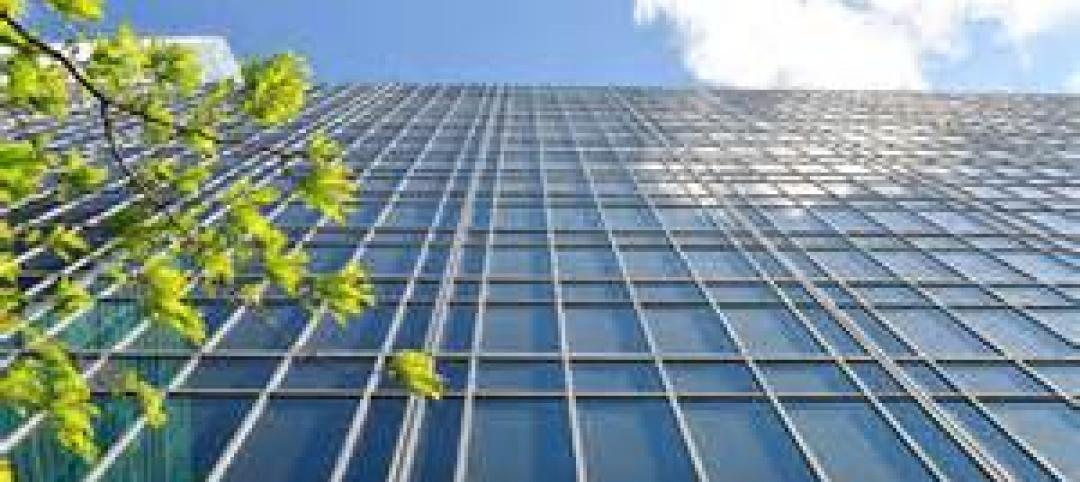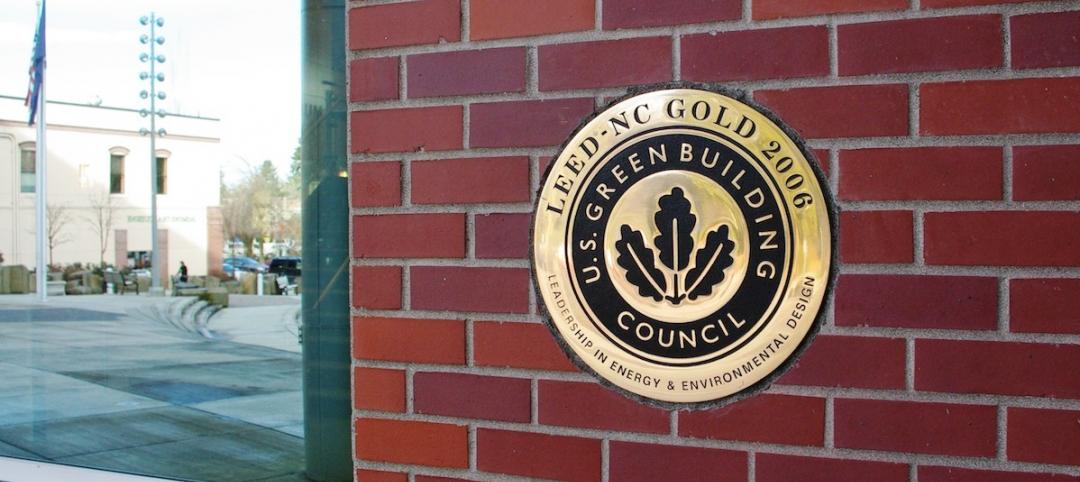Every year, BuildingGreen names the ten best green building products that, as the publication states, “transform the design and construction industry” by helping to solve environmental problems, from reducing greenhouse gas emissions to finding durable and safe materials.
A urinal, bike rack, ventless dryer, and a chair made of mushroom roots made the cut. For more on this year’s list, click here. Here are the 2014 and 2015 editions.
Honeywell’s Solstice Liquid Blowing Agent — Based on hydrofluoroolefin technology, it replaces a high global warming potential blowing agent, HFC-245fa, found in spray polyurethane foam. Solstice has a 100-year GWP of 1, which means it is equal to carbon dioxide in terms of global warming potential. The product is used by Whirlpool in appliance lines, as well as for Lapolla’s Foam-Lok 2000 4G SPF wall insulation, and Henry-West Development Group’s 3012-EB-3 SPF roof insulation.
Whirlpool HybridCare Ventless Clothes Dryer — The ventless heat-pump dryer improves efficiency by using a refrigeration loop that condenses moisture from the drum and returns excess heat energy. HybridCare saves on HVAC energy, providing 40% energy savings over a standard dryer.
Sloan Hybrid Urinal — The urinal uses a water-free cartridge and automatic rinser to keep it clean and odor-free. The unit’s Velocity cartridge pumps liquid through it and out the drainpipe, lessening buildup, while a water solution called Jetrinse is flushed every 72 hours to keep solids from forming in the housing and drain line.
Gunlocke Savor Guest Chair with Ecovative MycoBoard Backing — This guest chair is made from an engineered-wood alternative made from mushroom mycelium, a root, and is as strong and stable as a standard plywood- or particleboard-backed chair.
Duo-Gard Bike Racks and Shelters — The racks can be incorporated into a building to help it achieve LEED status. The shelters’ roofs are made of standing-seam metal or polycarbonate, and walls are made of polycarbonate, safety glass, perforated metal, or steel or aluminum mesh. Photovoltaic panels and LED lighting can also be included.
NuLED Power over Ethernet (PoE) Low-Voltage LED Lighting — The system uses DC power from a standard PoE network, and it can monitor and control LED power consumption and color temperature, all with less energy loss than AC systems.
Personal Comfort Systems Hyperchair — When HVAC systems can’t accommodate everyone’s preferred indoor temperature, this office chair provides personal heating and cooling powered by a lithium ion phosphate battery and controlled by a panel on chair’s arm.
Unity Homes High-Performance Panelized Homes — The high-performance panelized home system uses computer numeric control equipment to help create panelized wall systems and small prefab room modules to minimize thermal bridging. Unity Homes use energy-saving insulation and FSC-certified wood with low-VOC finishes.
Sanden Heat Pump Water Heater with CO2 Refrigerant — This heat-pump water heater uses CO2 as a refrigerant and creates water temperatures high enough for hydronic heating. It can deliver around 16,000 Btu/hr and can produce 149°F water.
Tesla Powerwall and Powerpack Onsite Energy Storage — The rechargeable lithium-ion battery system incorporates liquid thermal management, battery management, and a DC–DC converter. It has a 10 kWh unit optimized for weekly or backup use and a 7 kWh unit for daily use.
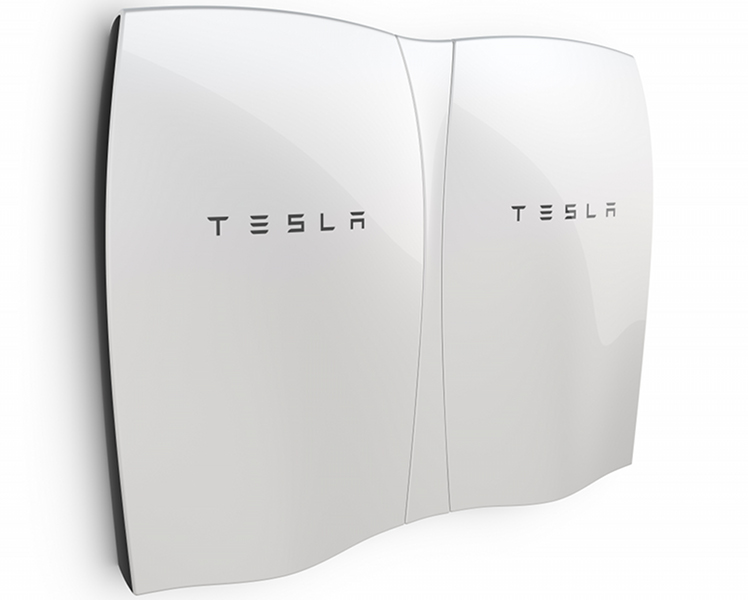 Tesla’s Powerwall and Powerpack. Photo: Tesla (via BuildingGreen).
Tesla’s Powerwall and Powerpack. Photo: Tesla (via BuildingGreen).
Related Stories
| Aug 6, 2013
Australia’s first net zero office building features distinctive pixelated façade
Australia's first carbon neutral office building, featuring a distinctive pixelated façade, recently opened in Melbourne.
| Aug 2, 2013
Design of world’s tallest wood skyscraper would be more sustainable than steel alternative
Architecture firm C. F. Møller has proposed building the tallest wooden building in the world in Stockholm, Sweden.
| Jul 26, 2013
LEED V4 includes controversial cradle-to-cradle materials provision
Cradle to Cradle certification, a strict assessment of the environmental qualities of materials used in green buildings, is a controversial provision in LEED V4.
| Jul 17, 2013
CBRE recognizes nation's best green research projects
A rating system for comparative tenant energy use and a detailed evaluation of Energy Star energy management strategies are among the green research projects to be honored by commercial real estate giant CBRE Group.
| Jul 10, 2013
TED talk: Architect Michael Green on why we should build tomorrow's skyscrapers out of wood
In a newly posted TED talk, wood skyscraper expert Michael Green makes the case for building the next-generation of mid- and high-rise buildings out of wood.
| Jul 2, 2013
LEED v4 gets green light, will launch this fall
The U.S. Green Building Council membership has voted to adopt LEED v4, the next update to the world’s premier green building rating system.
| Jun 28, 2013
Calculating the ROI of building enclosure commissioning
A researcher at Lawrence Berkeley National Laboratory calls building enclosure commissioning “the single-most cost-effective strategy for reducing energy, costs, and greenhouse gas emissions in buildings today.”
| Jun 19, 2013
Florida is latest battleground over LEED standards centered on certified wood
A nationwide battle over forest certification standards continues to be played out nationally and in Florida with legislation passed this month.
| Jun 17, 2013
DOE launches database on energy performance of 60,000 buildings
The Energy Department today launched a new Buildings Performance Database, the largest free, publicly available database of residential and commercial building energy performance information.
| Jun 5, 2013
USGBC: Free LEED certification for projects in new markets
In an effort to accelerate sustainable development around the world, the U.S. Green Building Council is offering free LEED certification to the first projects to certify in the 112 countries where LEED has yet to take root.


